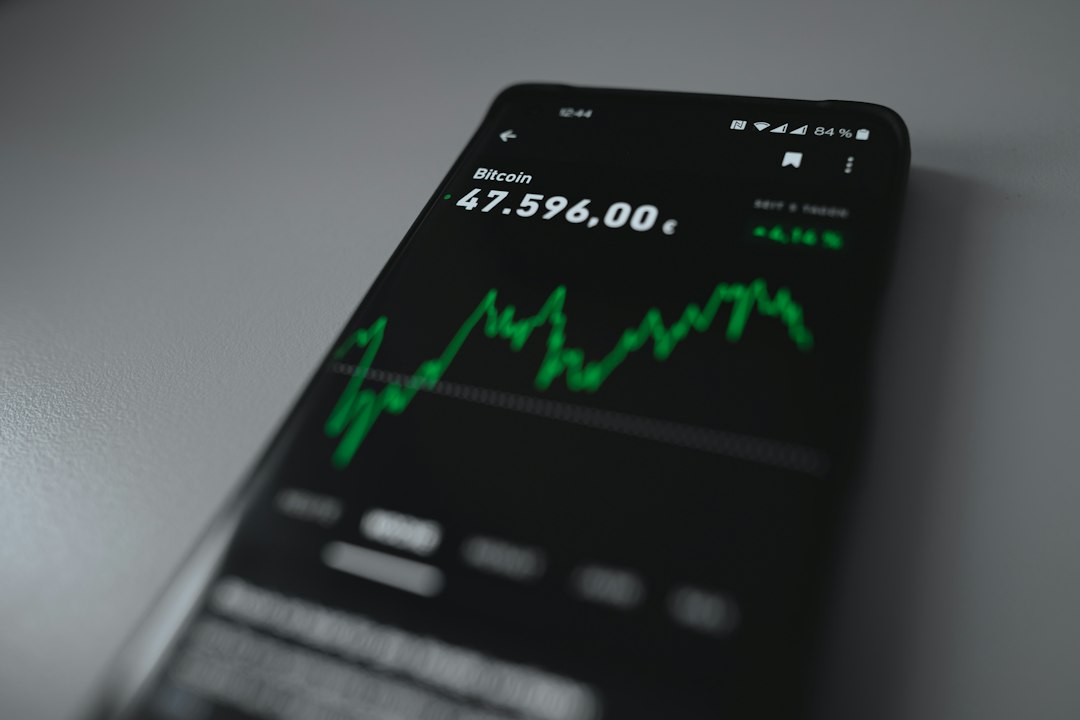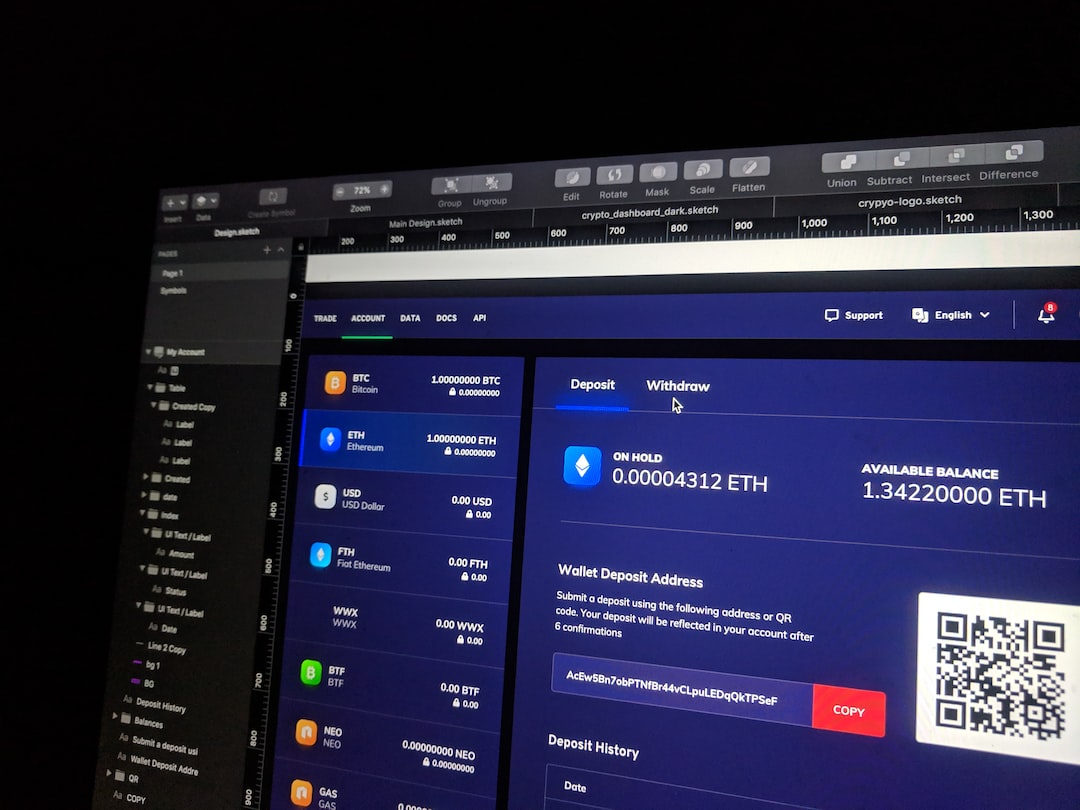Europol Recognizes Blockchain’s Independence and Protection
Europol, the European Union Agency for Law Enforcement Cooperation, has praised the independence and protection offered by blockchain technology in combating financial and economic crimes. In its recent European Financial and Economic Crime Threat Assessment report, Europol highlights the complexities of crimes such as money laundering, corruption, fraud, and counterfeit currency that threaten the EU. The report emphasizes the importance of collaboration, information sharing, and public-private partnerships to effectively combat these criminal activities.
Rising Criminal Activity in DeFi and NFT Space
While blockchain technology offers security and independence, Europol has expressed concerns about the rising criminal activity within decentralized finance (DeFi) and non-fungible token (NFT) spaces. Criminals are taking advantage of the lack of regulation in these areas to store illegal assets on DeFi platforms. Additionally, highly volatile cryptocurrencies are targeted in fraudulent schemes and money laundering. The instant trading capabilities of NFTs have also attracted fraudsters, posing a significant risk of money laundering due to their cross-border trading features.
Collaboration to Counter Financial Crimes
The emergence of the metaverse, a digital space for various activities, has provided new opportunities for criminals in the financial sector. Cases of fraud and theft within the metaverse have already been reported, indicating a potential trend for organized crime in this virtual environment. Europol highlights the need for proactive measures, international cooperation, and staying ahead of criminal innovation to ensure the security and stability of the European Union. Recent cases, such as the dismantling of Bitzlato for laundering illicit funds linked to Russian entities under EU sanctions, further emphasize the urgency of addressing financial crimes.
Hot Take: Blockchain’s Role in Combating Financial Crimes
Europol’s recognition of blockchain technology’s independence and protection in fighting financial crimes highlights the potential of this technology. While there are concerns about criminal activity in DeFi and NFT spaces, it is crucial to collaborate and implement proactive measures to counter these threats effectively. By leveraging international cooperation, information sharing, and public-private partnerships, the EU can stay ahead of criminal innovation and ensure the security and stability of its financial landscape. Blockchain’s transparency and security features can play a significant role in combating money laundering, fraud, and other economic crimes. As the financial industry continues to evolve, it is essential to prioritize regulatory frameworks that address emerging risks while fostering innovation.





 By
By
 By
By

 By
By
 By
By
 By
By